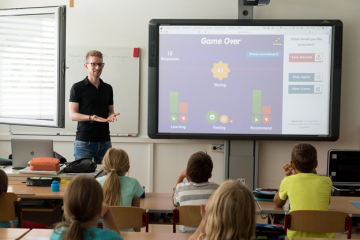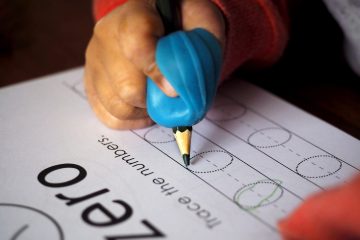 Today we celebrate the achievements of a great man. Martin Luther King Jr. was a civil rights leader and activist who used his voice to speak out against injustices. He, like Gandhi before him, left a legacy of peace while practicing nonviolent resistance. What does this mean for us and our children?
Today we celebrate the achievements of a great man. Martin Luther King Jr. was a civil rights leader and activist who used his voice to speak out against injustices. He, like Gandhi before him, left a legacy of peace while practicing nonviolent resistance. What does this mean for us and our children?We have a challenge presented to us, to stand up for ourselves and our children’s educations, to follow our hearts and fight for what we know is best for them. But we must do so peacefully and with respect for others. Getting upset, yelling, or writing threatening letters are NOT peaceful ways of communicating.
As parents, we need to use our voices to communicate with teachers, counselors, and school administration about the needs of our children. Start with the teacher. Don’t wait until conference time to meet your child’s teacher and talk to him about the issues surrounding your child’s learning. Teachers are busy, yes, but they also have their students’ best interests at heart and will take time to talk with you. Send them an email and ask when would be a good time to drop by. Give them as much information as possible early on so they can best determine what they can do to help your child in the classroom. Also, let the teacher know what you are doing at home to help.
Remember, elementary teachers spend most of their day in the classroom with your child, AND 19 to 39 other students. If they don’t seem to be able to address your concerns properly, then you need to seek out someone who can help. This may be another teacher who already knows your child, a counselor, or maybe you’ll need to go to a principal or assistant principal to have your concerns heard. In many cases the classroom teacher just needs some extra support to get the ball rolling or help brainstorm for possible solutions.
Parents aren’t the only ones who need to speak up to be heard. Teachers need to also stand up for the children in their classrooms, seeking adequate resources and the means to meet their diverse needs. They are only one person, after all, charged with the responsibility of teaching a robust curriculum to ALL of their students, regardless of their academic and cultural diversity. School administration and support staff are a necessary part of the education of these children, and so are a child’s parents or caregivers. Teachers need to communicate with others regularly regarding children they are concerned about and who may need additional services or support. Teachers need to be able to collaborate with other teachers, so they don’t feel like a lone island in the middle of the sea of learning. And teachers need to know that there are other people who support them, and are there to listen and provide reinforcements when they need it.
Take charge of your child’s learning and be a positive force in their lives. Educate yourself on ways you can help, and be supportive of other people’s efforts. When you feel beaten down and battered by the powers that be, ask yourself: what would Martin Luther King Jr. do?



